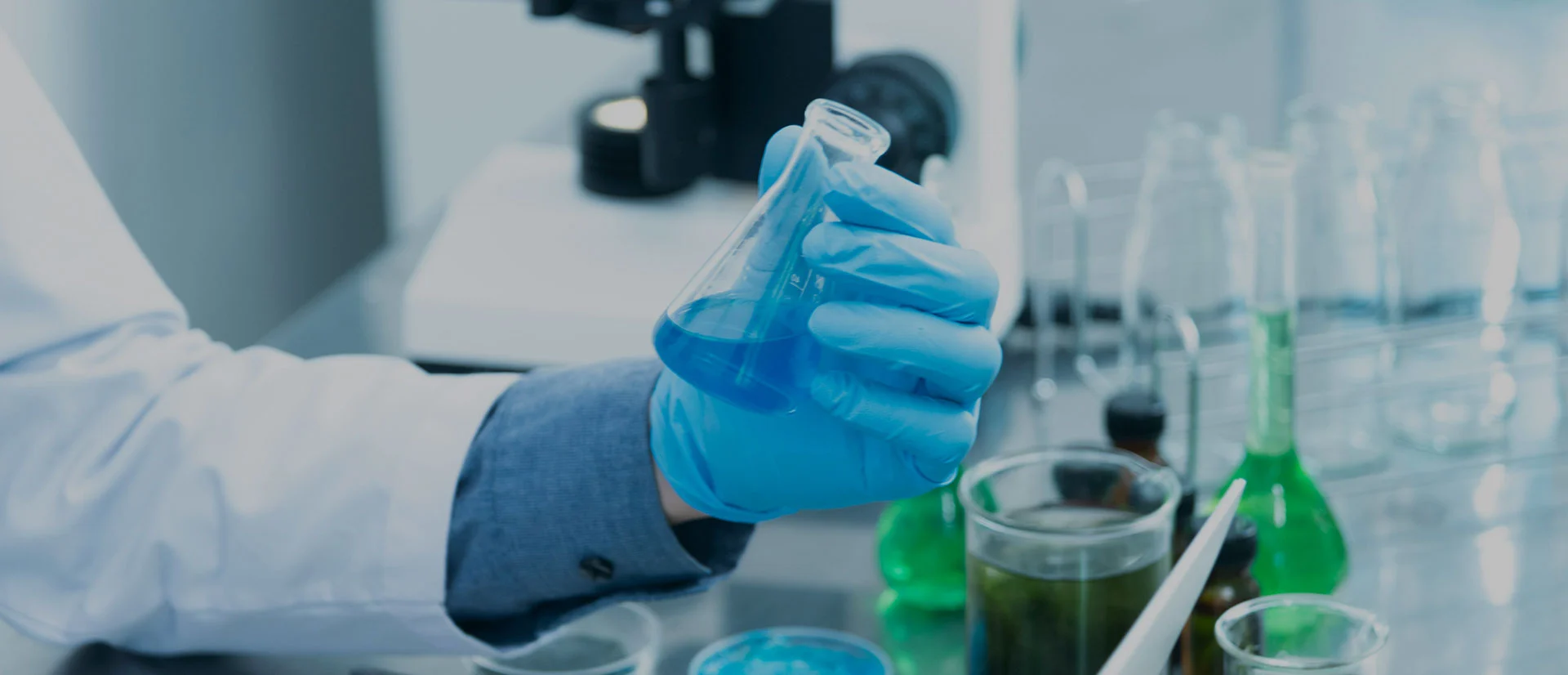
- Lentivirus
- Adeno-Associated
- Adenovirus
- Pseudovirus
- Vector
- Synthesis
- Autophagy Research
- CRISPR/Cas9
- Noncoding RNA
- Luciferase Assay
- Reagents
WHAT ARE YOU LOOKING FOR?
The mycoplasma, lacking a cell wall, is the smallest prokaryotic cell. During the process of cell culture, the contamination rate of mycoplasma exceeds 60%. When cells (especially passage cells) are contaminated by mycoplasma, it alters the expression of DNA, RNA, and proteins within these cells. Severe contamination leads to slow cell growth, changes in cellular morphology, and cytomorphy development. Consequently, preventing mycoplasma contamination during cell culture remains a global challenge.
Detecting mycoplasma contamination in cells culture is challenging. furthermore, completely eliminating mycoplasma from contaminated cultures proves to be extremely difficult as well. Therefore, regular detection of mycoplasma during the cell culture process becomes particularly crucial in order to remove pollution at its source and effectively prevent its occurrence. To comprehensively protect your cells from mycoplasma contamination, we not only provide mycoplasma detection kits but also offer anti-mycoplasma reagents and antibodies against mycoplasmas for inhibiting their growth at the source.
| Product Name | Code NO. | Volume | Application |
| Savelt Anti-mycoplasma Reagent | HB-SV-1000 | 1 ml | Antibiotics for cell culture |
| Savelt Anti-mycoplasma spray | HB-SV-200 | 200mL | For the control of mycoplasma in laboratory environment |
| PSS Triple-Antibiotics for cell culture | HB-PSS-100 | 100mL | For cell culture mycoplasma prophylaxis |
| Mycoplasma test kit | HB-SVDR | - | For mycoplasma detection |
Mycoplasma can reduce the content of nutrients supporting cell growth in culture medium, resulting in slow or even stop cell growth. In addition, it can also lead to cell microtubule depolymerization, causing a series of cell lesions, manifested as cell contraction, adherent cell shedding, lysis, etc.
(1) A large amount of arginine in the culture medium was consumed by Mycoplasma, resulting in the synthesis of protein, DNA, rRNA and mRNA of cells, resulting in cell division and growth obstruction.
(2) Mycoplasma changed composition of the culture medium (such as fermentation mycoplasma degrades sugars and produces acidic substances), which affects cell metabolism.
(3) Mycoplasma adsorbed on the cell surface, destroyed the integrity of the cell membrane, and affected the cell signal transmission.
(4) Depletion of nucleoside pool of cells, resulting in chromosomal abnormalities.
(5) Caused changes in cell enzyme profile.
(6) In the preparation of monoclonal antibodies, myeloma or hybridoma cells are contaminated by mycoplasma, resulting in fusion failure or decreased antibody secretion ability and even loss.
The change of chromosome type usually leads to the breakage of cell chromosomes, the reduction of number, the appearance of double centroid chromosomes, ring chromosomes and so on.
Mycoplasma can affect the activity of macrophages, inhibit the synthesis of interferon and reduce its activity, increase the probability of secondary infection with other bacteria and viruses, and interfere with the stimulation and differentiation of lymphocytes through phytohemagglutinin.
Mycoplasma pollution can also affect the production of some viruses in cells, reduce the carcinogenic ability of malignant cells, and affect lymphocyte differentiation.

Contact Hanbio and leave your requirements. We will reply as soon as possible.